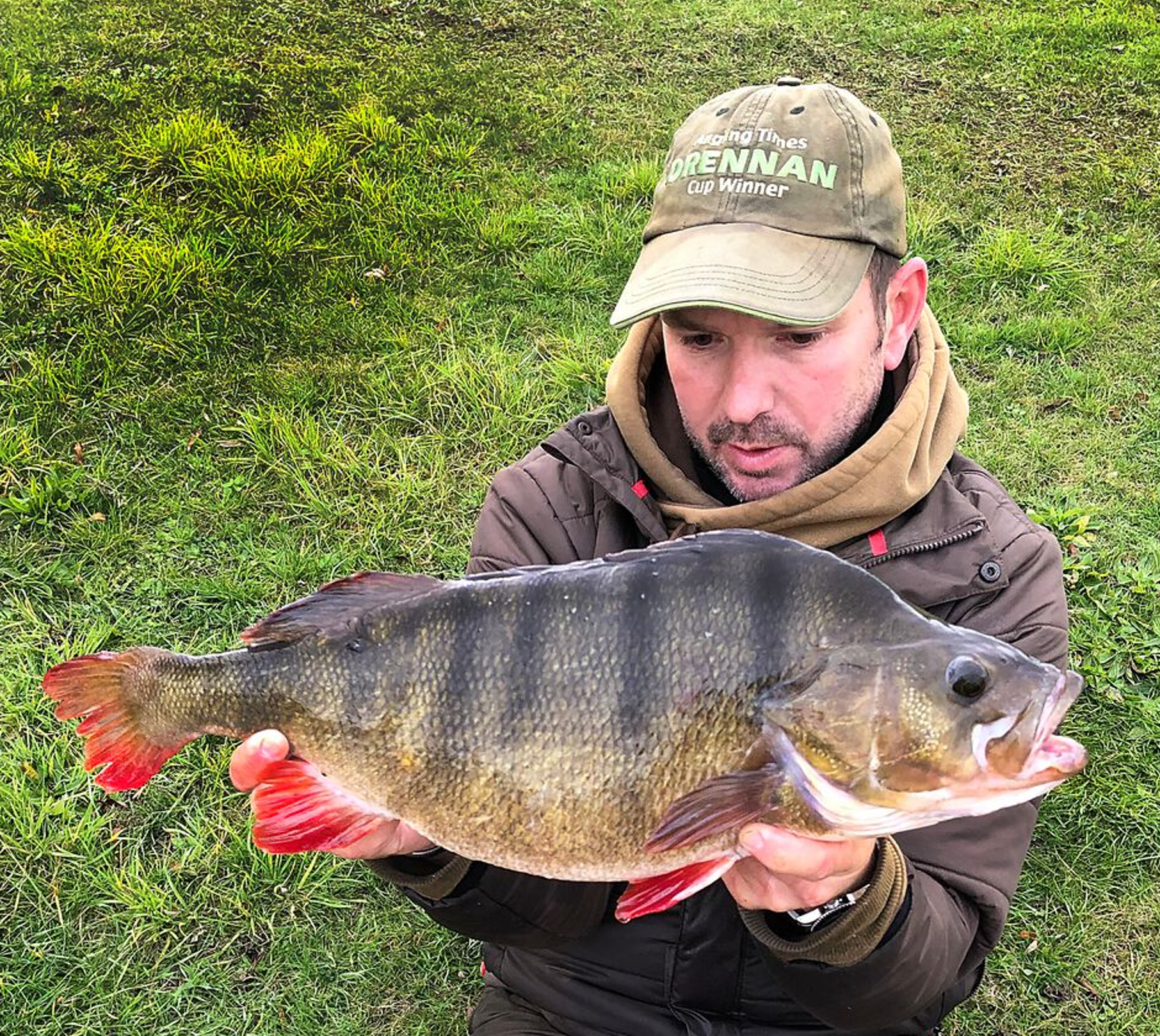How will climate change affect our fisheries?
AS WINTER bites it can be difficult to believe that global warming is a real phenomenon. Yet whether or not you believe it’s caused by human activity, the climate is changing and this will affect our fisheries for centuries to come.
The Earth’s climate has always been in a state of flux, with periods when the planet was hotter than it is now and other times when it was significantly cooler. The last Ice Age, for example, which covered most of the UK in an ice sheet hundreds of metres thick, ended just 12,000 years ago – a mere blink in geological terms. Whatever the reasons, we’re now seeing the planet warm up and, with the complex weather patterns we see in the UK, this is already having an effect on our climate. The weather affecting the UK is becoming more extreme and less consistent.
The only certainty is that long-term global warming, climate change and disruptive weather will have consequences both good and bad
Which species will thrive?
Warmer summers and mild winters are good news for many UK species of coarse fish, many of which are close to the northern limit of their range. Species such as carp, tench and bream aren’t native to Scotland and the Borders, but are increasingly stocked in fisheries here and do well. Successful recruitment of small fish into the next generation is likely to be limited, though, particularly because of lower-than-required sustained temperatures in summer.
Higher summer temperatures and longer summers could well see recruitment improving for these species, particularly further north.
Bream may actually benefit from a longer spawning season
It’s not all good news, though, especially for some of our rare native species that require much cooler conditions. The once abundant burbot disappeared from our rivers after the last Ice Age, because it requires low temperatures to survive. Powan, a rare whitefish found in just a few glacial lakes in the UK, are also under increasing threat from rising temperatures and pollution. Grayling are perhaps another species that could see their range diminished as some rivers become too warm for them to tolerate.
Grayling are at risk from rising temperatures
Records may be broken
Will rising temperatures see our coarse fish records broken as fish will be able to grow faster? Once again, what benefits one species may limit another. Longer summers and mild winters can, other factors being equal, mean that fish can grow faster and for longer. Food must be plentiful, though, and oxygen levels must remain high for fish to feed.
Over the last few decades we’ve seen tench, carp and barbel records shoot up to weights previously thought unobtainable in the UK. Interestingly, the sizes reached by these species are now approaching those seen some years ago in mainland Europe.
The average size of specimens of all three species has also increased massively and across the whole country, which suggests that this is not just a localised phenomenon. While the carp record could be expected to increase as more fish of better strains have been stocked, the other two species are perhaps more intriguing. While many different reasons for this size increase have been postulated, only changes to the climate can explain why this has happened in so many, such diverse, venues.
Other species have seen no increase in their maximum size and specimens have, if anything, become more rare.
Pike and roach are good examples of species that appear to have been ‘left behind’. Both species are not close to their northern extremity in the UK, and so the climate here is probably already close to the optimum.
The records for these species are also similar to ours in many other European countries, suggesting that they derive no benefit from climate change.
UK perch are approaching the size of those found in Europe
The results of flooding
An increase in the frequency of extreme weather is predicted to be another consequence of climate change for the British Isles, and this could have a big impact on our fisheries. Heavy rainfall, leading to flash floods, has affected many parts of the country in recent years and can have a major effect on river fisheries and adjacent stillwaters.
Floods can wash away the young-of-the-year fish, in particular, and this can lead to the loss of potentially good year classes. With the populations of many river species, such as chub, often being dominated by just a couple of year classes, it is obvious that a badly-timed flood can have a serious impact on the fishery for perhaps several decades.
Increasing volumes of water also mean that there is rightly an increased emphasis on flood management to prevent flooding in the first place. While this is essential, engineering work and removing cover from rivers to increase their water capacity can destroy important habitats for fish and other animals and plants. Even if floods themselves do not damage our river fisheries, the management of flood risk may have a knock-on effect.
Whether you believe in human-made climate change or not, there are always winners and losers when the weather changes.
Predicting what these changes will be is, at best, an inexact science thanks to the complex interwoven connection between fish and their environment.
Heavy rainfall, leading to flash floods, has affected many parts of the country in recent years





